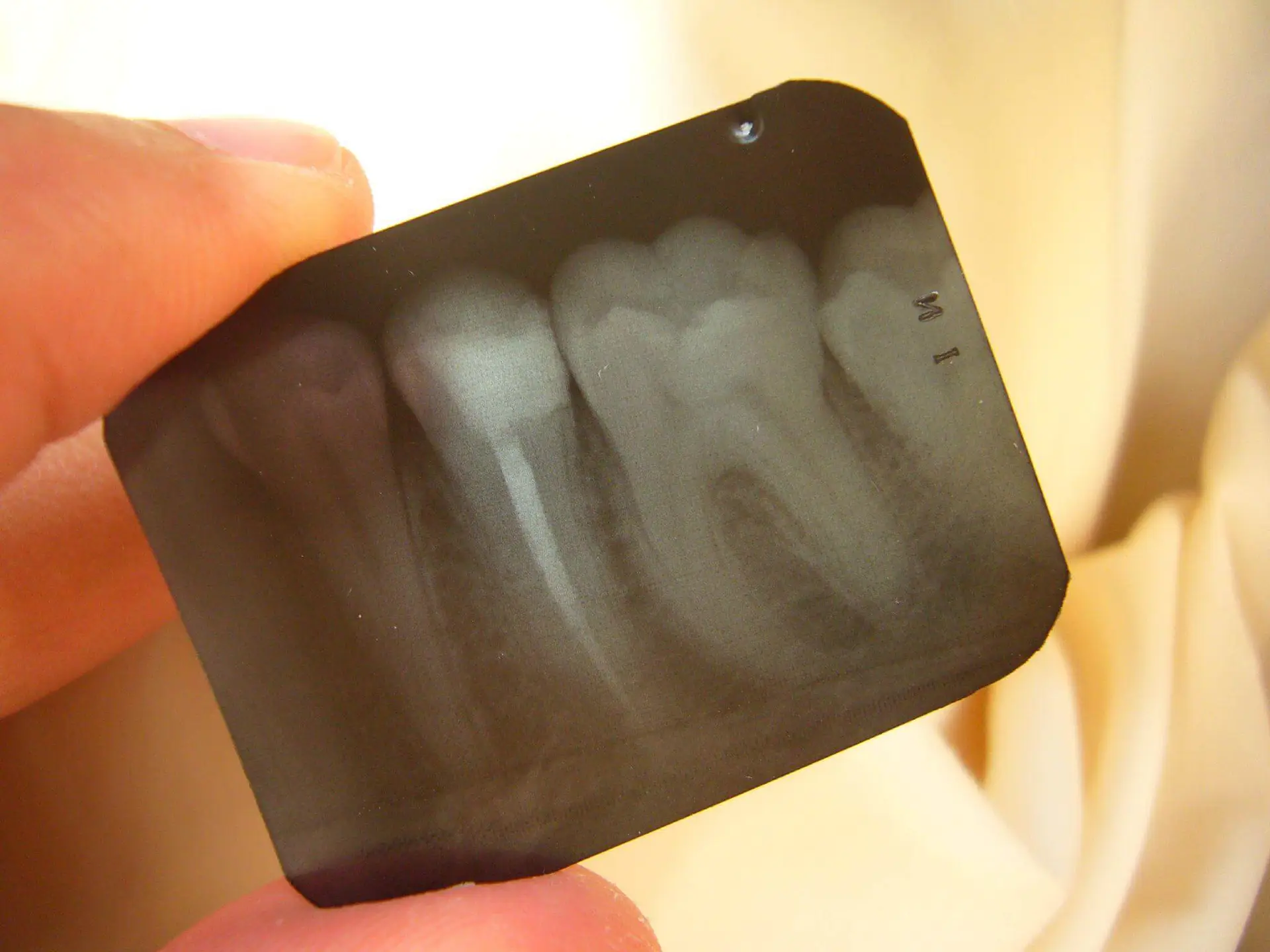Have you ever had a sensitive tooth and looked in the mirror, only to discover that the affected tooth appears longer than the other ones? If you have, then you might be one of millions of Americans suffering from receding gums.
Gum recession is the process in which the edge of the gum line that surrounds the tooth begins to retreat or wear away. This exposes more of the tooth and the tooth’s root, causing discomfort and sensitivity. Receding gums need to always be evaluated by a dentist because, as the gums pull back, hollow pockets can form underneath the gums. These pockets are a perfect place for bacteria to grow, leading to potentially serious issues such as tooth loss due to tissue and bone damage.
Gum recession is not abnormal…in fact, many people have it and don’t even realize it! This is because the degree of recession can vary greatly from person to person. No matter how slight of a case of gum recession you think you might have, however, you always need to have it evaluated by a dentist.
There is a long list of reasons why a person might suffer from gum recession. Here are some of the most common reasons:
1) Gum disease – Periodontal disease, also known as gum disease, is the number one cause of gum recession. Bacterial infections can become severe and destroy gum tissue and supporting bone, leading to various issues such as gum recession.
2) Smoking – Tobacco leaves a sticky film on a user’s teeth that is difficult to remove and can cause gum recession.
3) Hormonal changes – Studies show that the times in a woman’s life that involve intense hormonal changes, such as pregnancy and menopause, can make her more susceptible to gum recession.
4) Overly aggressive brushing – Brushing too hard or the wrong way can damage the gums to the point that they begin to recede. If you are unsure about your own brushing technique, ask your dentist to give you some pointers.
5) Genetics – It is believed that some people are simply predisposed to certain dental conditions no matter how excellent their dental hygiene, gum recession being one of them.
6) Grinding and clenching teeth – Putting excessive pressure on the teeth can cause gums to recede.
The spectrum of gum recession ranges from unnoticeable all the way to severe, and the treatments have a proportional range of options. Many patients simply require a deep cleaning, also known as a tooth scaling or root planning, by their dentist. During this treatment, plaque and tartar are carefully removed and the exposed root area is gently smoothed back down over the tooth to help prevent bacteria from attaching itself in the future. Another treatment plan, for more advanced infections, is administering antibiotics to the patient. If the gum recession is severe, however, surgery might need to be performed. Depending on the type and severity of the gum recession, one of several surgical procedures would be recommended.
If you have any questions or concerns about your own gum health, or you simply are interested in scheduling a check-up, please don’t hesitate to call us here at Montgomery Dentistry! We look forward to meeting your dental needs!
Photo Credit: Header Photo
About the Author
-

Dr. Jay L. Robertson
Dr. Jay Robertson joined our practice in July 2008. He is from Montgomery and is a graduate of Saint James School, Birmingham-Southern College, and the University of Alabama, Birmingham School of Dentistry. He is a member of the American Dental Association, the Alabama Dental Association and the Academy of General Dentistry.
Dr. Robertson and his wife Jennifer have four children, John Campbell, Julian, Lowe, and Ansley.
Dr. Robertson serves on the board of the Montgomery Quarterback Club and is a member of the First United Methodist Church of Montgomery. When not at work, Dr. Robertson enjoys all things sports, including Auburn, golf, and his children’s various sports.
